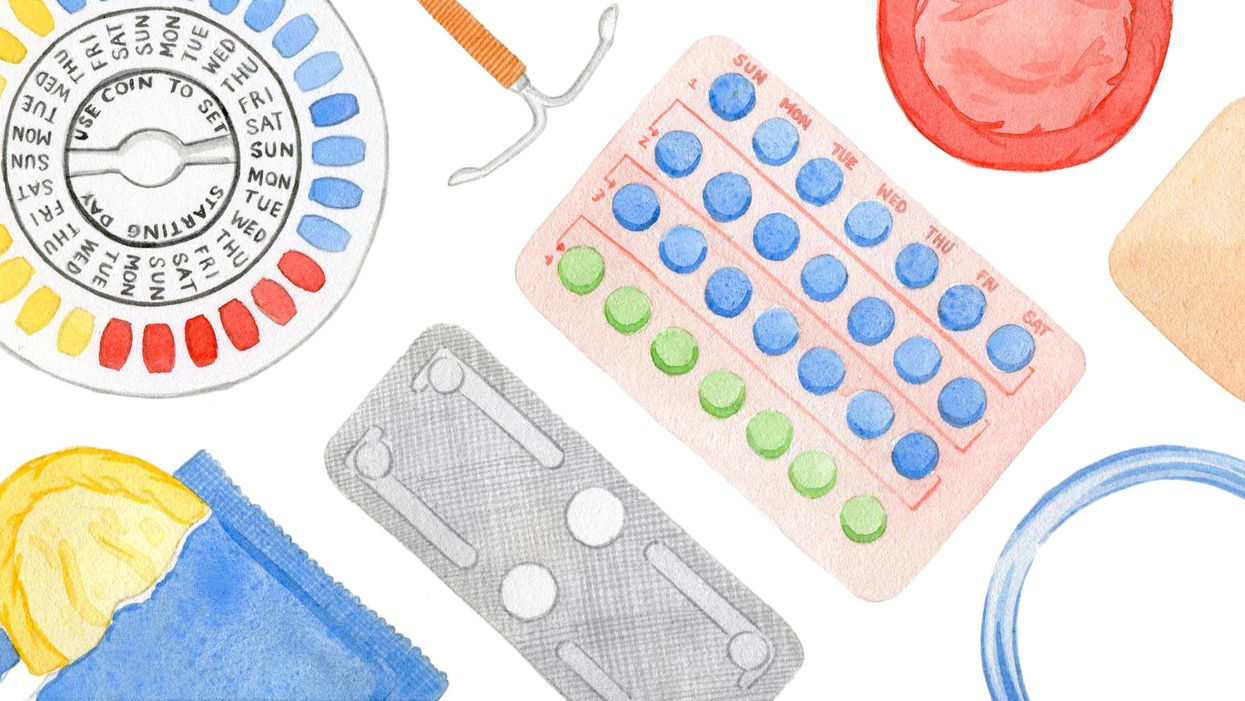What to Expect When Going Off the Birth Control Pill
Now that shit’s hitting the fan, here’s what you should know before reconsidering your form of contraceptive.

It’s 2016. And one of the most important issues of today for women, especially after being thwarted into the spotlight in light of some not-so-favorable political outcomes, is birth control. Now more than ever, we’re thinking about and reconsidering the best form of contraceptive for us (because each one of us is different, with different needs). But whether or not the election of a certain over-tanned reality TV star is the catalyst for why you’re deciding to switch to an IUD or stop taking the pill altogether, or it’s about your health, or you’re thinking about having a baby, we wanted to give you a few facts. So we consulted a doctor (as you should too, before making any changes), Dr. Fiona McCulloch, N.D., to find out what we can expect when deciding to go off the pill.
Things to Think About First
“If women are considering options like the IUD, it would be important to consider that this is generally considered to be a longer-term birth control option, as the lifespan of an IUD is typically 3-7 years’ time depending on the type of IUD. IUDs also require insertion and removal by a physician, and the hormonal IUDs in particular can require more financial investment up front.
“The copper IUD is an excellent option for many women, although oftentimes at the onset of use it can cause heavy menstrual bleeding. In some women this does not ease up and they are not able to tolerate it, whereas in most women it is a well-tolerated form of birth control and menstrual heaviness subsides over time. The other benefit of the copper IUD is that it doesn’t inhibit a woman’s natural ovulatory process and her levels of natural estrogen and progesterone remain intact (whereas oral contraceptives provide synthetic hormones, which are associated with a variety of side effects such as weight gain, mood changes, and risk of blood clots). With a hormonal IUD there may be some inhibition of the ovulatory process, but the amounts of the synthetic hormones in these devices are far less than in oral contraceptives and after some time, women may ovulate and produce their own natural hormones again. Many women actually experience a much lighter period and/or stop menstruating altogether with hormonal IUDs.”
How Your Body May React
“Most women experience no ill effects when stopping birth control. Many women lose weight, since birth control pills typically cause around 10 lbs of weight gain on average for most women. In other cases, the symptoms for which a woman was taking birth control may return, such as painful periods or acne. Some women also take a longer period of time to begin regular menstruation once they stop the birth control pill. Although many women start menstruating regularly right away, in some cases it can take up to a year for cycles to resume. Post-pill amenorrhea is when a woman doesn’t start her period within six months of stopping birth control pills.”
What to Do to Get Your Body Back In Sync
“Typically women stop taking the birth control pill altogether, as there is no need to wean off it. Once the pill is stopped, a woman’s natural hormonal system should take over and ovulation will occur.
“Women who are very lean, exercise intensively, or are following a strict diet may be more likely to experience post-pill amenorrhea, so it’s important to eat healthfully and choose nutrient-dense whole foods and avoid restrictive dieting to support nutritional status during this period of time. Women with PCOS (polycystic ovary syndrome) are also more likely to experience post-pill amenorrhea and in these cases following a healthful diet based on lean protein, vegetables, and healthy fats, keeping carbohydrate choices low on the insulin or glycemic index, and avoiding sugar and processed food can be of immense help.”